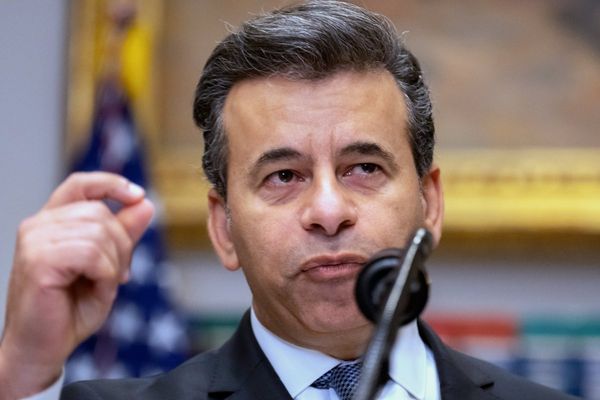When the Rancho Bernardo Raptors went undefeated in the 2001 season and reached the Pop Warner Super Bowl in Orlando, Fla., Jo Cornell was behind the camera, recording interviews with the boys as they shared memories for a lifetime.
She loved that her son, Tyler, enjoyed success and found camaraderie in youth football, and later as an all-league lineman at Rancho Bernardo High in San Diego.
Today, in the living room of her Rancho Bernardo home, Cornell hits the play button for those same DVDs, and she's smiling wistfully one minute, teary the next.
Football was her only child's first love, and she also believes it contributed to his death.
"You can't un-know this stuff," Cornell said.
At the age of 25, Tyler Cornell committed suicide in 2014 by shooting himself after seven years of waging a battle with mental illness.
What Jo Cornell knew is that Tyler played football, mostly as a lineman, every year from the ages of 8 to 17. He suffered no diagnosed concussions, but took thousands of hits to his head in practices and games.
Soon after high school graduation, Tyler began suffering from severe anxiety and depression and was hospitalized numerous times.
Cornell heard the reports in the media about the brain condition that has plagued former football players _ chronic traumatic encephalopathy (CTE). Suspicious about a link between football, and Tyler's depression and suicide, she made the difficult decision to send his brain to Boston University, where the majority of CTE study has taken place.
The results came back months later, and Cornell's fears were confirmed. Tyler had CTE.
"It was like experiencing another death," Cornell said.
"This is something no parent should go through. There are widows and widowers, but there's no word for a parent who has lost a child. It's so awful they don't even name it."
Enveloped in what felt like bottomless grief, Cornell managed to move forward by finding a cause. She met up with another mom, Kimberly Archie, who understood her pain.
Archie's son, Paul Bright Jr., died five months after Tyler, at the age of 24, when he revved his newly purchased motorcycle to 60 mph on a Los Angeles street and smashed into a car.
Bright played football from ages 7 to 14, and Archie, concerned about her son's erratic behavior before his death, sent his brain to Boston University. It was confirmed he suffered from CTE.
The two boys are among the youngest to be diagnosed with a condition that doctors say leads to memory loss, confusion, impaired judgment, impulse control problems, depression, anxiety, suicidal thoughts and progressive dementia.







